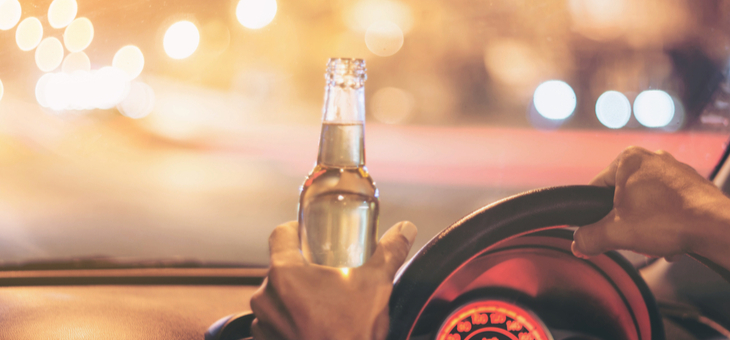Mick is planning a driving holiday around France and its famous wineries, but is starting to think he might have made a mistake.
•••
Q. Mick
My wife and I are planning a driving holiday around France next May. We are obviously going to stop at a few wineries while we are there, but then we thought we might be in a bit of strife with the drink-driving laws. Do you know what the rules are for France? What about the rest of Europe?
A. We will make this clear from the outset. The safest way to drive is to not drink at all. The safest and best option is to drive to where you are staying and from there to organise alternative transport to and from the various wineries.
Even if you have had a late night watching the sun go down with a couple of glasses of wine, you may still find yourself over the legal alcohol limit the next morning without realising it.
Alcohol affects people differently, and the length of time it takes to get it out of your system depends on how much you’ve had to drink, as well as your sex, weight, age and various other factors, such as whether you’ve been taking any medication.
France has a similar legal limit to most parts of Australia with 0.05 as the legal blood-alcohol concentration of alcohol permitted behind the wheel of a car.
Discovercarhire.com has put together a useful infographic to show the legal drinking limits around the world.
Getting caught over the legal limit abroad can be costly, with punishments ranging from hefty fines to losing your licence – and even a prison sentence.
For example, in South Africa, you could face up to six years in jail if you are found to be over the legal limit of 0.05 per cent blood alcohol concentration (BAC), while in countries like Norway, you could be fined a month’s wages if you have more than 0.02 per cent BAC.
Many countries have either a total ban on alcohol or a zero tolerance approach, where it is illegal to have any alcohol detected in your blood – so it’s essential you know the law before you travel.
If your journey takes you across a border, then you should make sure you’re aware of that country’s laws, too.
A perfectly legal blood alcohol concentration in one country may be over the limit in a neighbouring one.
A 12-hour road trip from Tromso in Norway to Murmansk in Russia will take you through four countries with three different alcohol limits.
In the UK, the legal driving limit is 0.08 per cent BAC in England, Wales and Northern Ireland – but the limit is lower in Scotland, at 0.05 per cent.
Even though the legal limit in Northern Ireland stands at 0.08 per cent, drivers crossing into the Republic of Ireland need to exercise caution – the legal limit here was recently lowered to 0.05 per cent. Drivers caught over the limit face a €200 fine and an automatic three-month disqualification from driving.
Much of western and central Europe has a legal limit of 0.05 per cent. France, Italy, Spain, Portugal, Croatia and Greece all share a 0.05 per cent limit. However, travel to Poland and the limit is much stricter; drivers there cannot have a blood alcohol concentration of more than 0.02 per cent – if they do, it’s punishable by up to two years in prison.
Surprisingly, there are some countries with no upper alcohol limit at all. In Barbados, it’s not illegal to drink and drive – but you can get caught for driving without due care and attention if under the influence.

